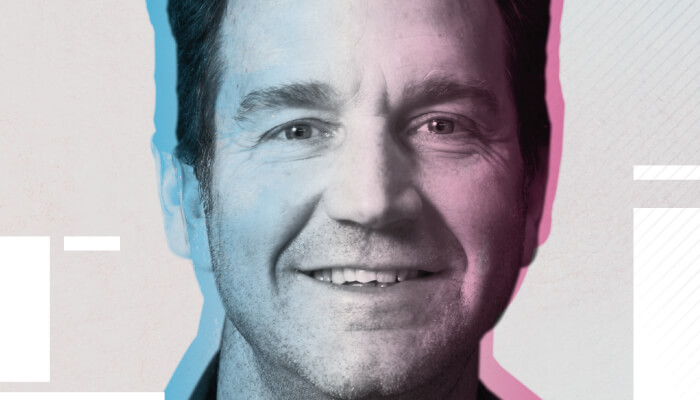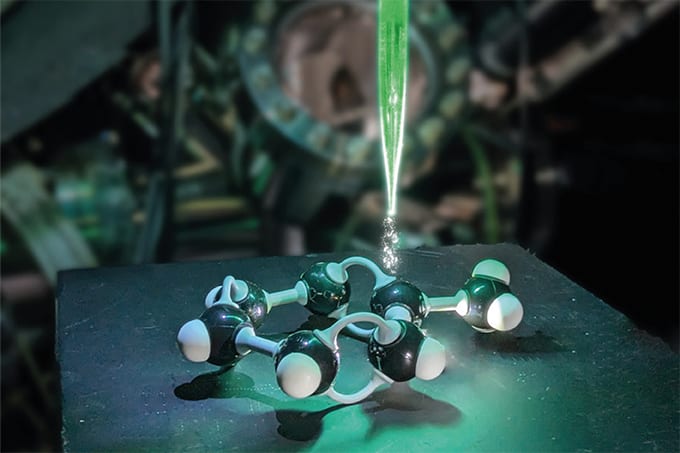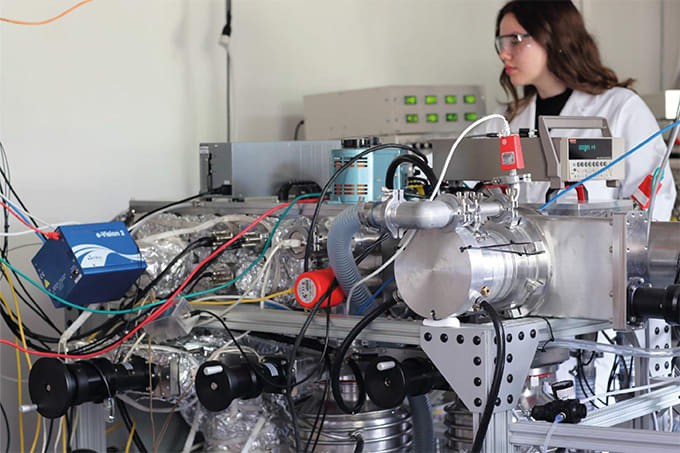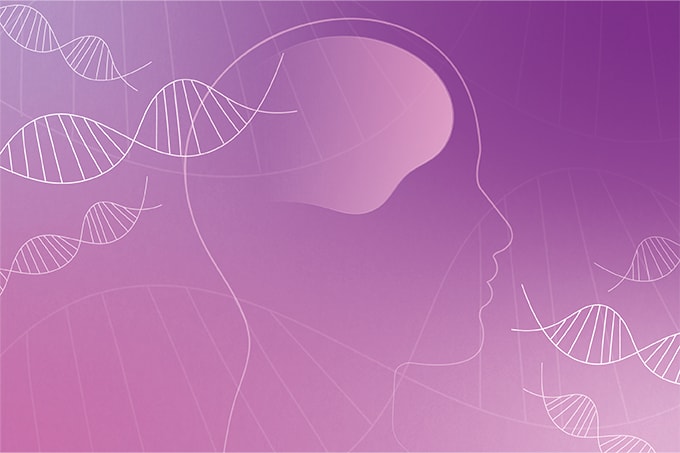What does a typical day look like for you?
My working day is divided between administrative tasks, research activities (discussing ideas with my PhD students and colleagues, writing articles and so on) and teaching activities (preparing for and delivering lectures, marking essays, and so on). Of these activities, it is the interaction with students and colleagues that I find most motivating – it was teaching that I missed most when I spent a few years in industry. The best moments for me are the PhD defenses of my students – it’s wonderful to see their efforts come to fruition. Over the next few years I plan to expand on my work in education, by developing new teaching activities for the next generation of students, both here and in developing nations.

What makes the University of Geneva a good place to do research?
I was born in Geneva and I believe it is a special city – it is a melting pot of different languages and cultures, giving it an open-minded outlook. The University has a strong focus on collaboration, both within Switzerland, Europe and internationally – including developing countries. I am lucky to have a lot of freedom to follow my interests and choose collaborators to develop innovative projects.
What is the core focus of your research?
It is important to me to focus my research on applications that have major societal impacts, including investigating drugs of abuse, medicine for our aging population, sports doping, environmental impacts and new therapeutic drugs. For the last 10 years, my group and I have developed more rapid and efficient separation methods (including sample preparation) for the analysis of small drugs in biological matrices and biopharmaceuticals in drug formulation. We also carry out fundamental studies in separation sciences to help improve the tools available for these important applications. In future, I’m interested in looking at cannabis testing – its an area where legislation is changing fast, and it’s important we understand what problems might result.
Such a strong focus on applications must require solid collaboration…
Finding the right partners is critical to our work. The lab is well integrated in the School of Pharmaceutical Sciences and we have several collaborations with colleagues at the University involved in pharmaceutical technology, medicinal chemistry, phytochemistry and clinical pharmacy – both in Geneva and Lausanne. The lab also has strong links with colleagues in the Faculty of Medicine and with a number of private and public external laboratories. The lab is also member of The Center of Competence in Analytical Chemistry and Toxicology (ccCTA), which includes several laboratories in western Switzerland.
What is your teaching style?
A significant part of the education we provide is practice-oriented, with 50 percent of the week spent in the lab. Master’s students must also organize two internships (20–25 weeks) in community pharmacies and research laboratories in industry or university.
When it comes to lectures, I believe that the way we teach needs to move with the times. Today’s students have constant access to technology, and that has an impact on their attention span. For some of my lectures I am completely changing the traditional format. I have prepared 5-min videos explaining some challenging topics and ask students to watch them before the lecture. I then cut my lecture down to 15-20 mins and spend the rest of the time working with students on group exercises and giving immediate feedback. I also use anonymous online tests to regularly check students’ understanding, and adapt teaching sessions to focus on questions they struggled with. These modern teaching methods have improved exam scores – and both lecturers and students enjoy the increased interaction.
How do you contribute to ongoing innovation in the analytical sciences?
We develop new separation strategies and share our knowledge with instrument and chromatographic column providers. For specific applications, we also modify the instrumentation and patent the results. In Switzerland, there is strong support from the Swiss National Science Foundation and others to conduct fundamental studies and patent innovative new tools.
What does the future hold for pharmaceutical analysis?
I would like to see the development of simple and robust analytical tools at a lower price than those currently available. These tools could be used for point-of-care testing by non-specialists, for example doctors, pharmacists or patients. In recent years, we have seen amazing advances in telecommunications devices – why can’t we see the same leaps in technology in separation science? I am always impressed by the activities of George Whitesides’ research group in this domain.




